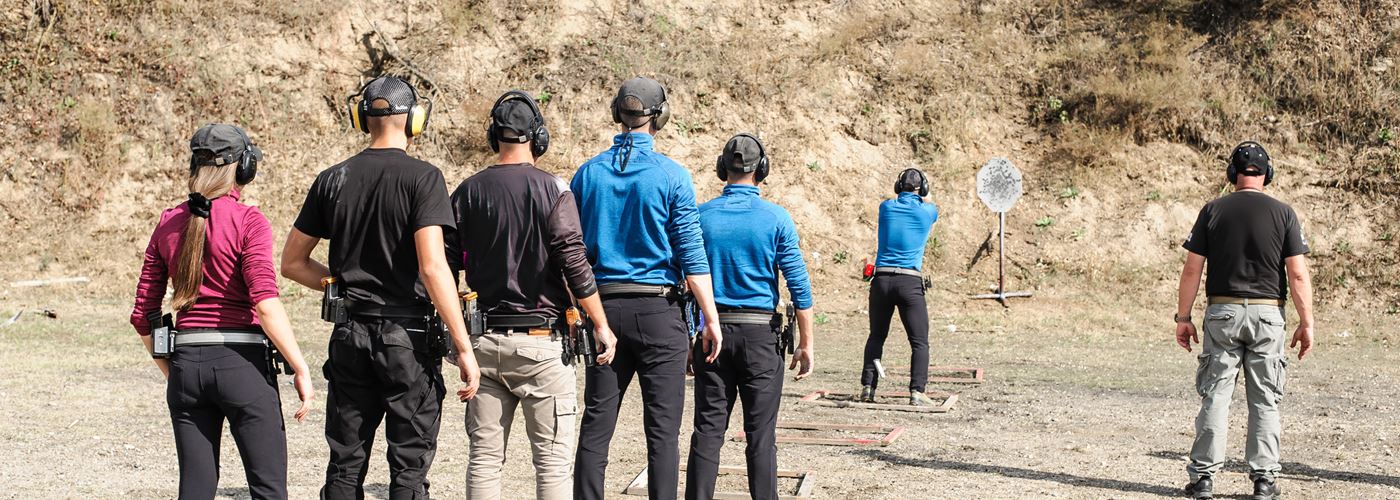
For many of us, whether industry professionals, trainers, law enforcement, or just other gun enthusiasts, we normally have an idea of what to bring to a range day or shooting class.
Many times, when we take classes ourselves, we probably exceed the instructor's requirements with equipment and that sort of thing. But, I wanted to approach this blog article from the student's point of view.
First Timer Feelings
I’ve been training law enforcement and civilians alike since 2004, and the one thing I have found is that many students are new to the "gun game," and some may be apprehensive or, at the very least, a little bit nervous before they come to a live fire event.
The student likely feels the optimism of learning something new but yes, also has some stress about what it will be like.
Stress can be from the unknown, coming into an environment that they normally don’t experience like a grocery store, or even taking a night class at a local college. Who’s going to be there? How will they be dressed? How will they act? Are these guys going to be super serious? What equipment am I going to need? And the list of questions and anticipation goes on and on.
There certainly are trainers out there with more experience than I have, and maybe there are more factors, but I broke this blog down into two considerations as your students get ready to take an event with you.
Expectations & Preparation
If your student enrolled via ShootingClasses.com, they hopefully will have read the equipment and outcomes sections of your listing. Use clear, non-jargon language like "perfect for beginners" or "our most popular class" as examples.
Clearly establish prerequisites or other benchmarking that the student would need to have before they take your class. If it’s a beginner class, make sure you outline that with language that supports the fact that they may have never fired a handgun before. If it’s an advanced pistol class, enumerate all the skill sets that the student should already have been exposed to and maybe change the language to "this course will challenge you."
Equipment Requirements
Not unlike expectations, we list our equipment needs on our class listing. But what good does that do for us if we use jargon or technical terms?
I’m sure many instructors have conducted an advanced pistol class only to have someone show up with only one magazine or an inappropriate holster. If you plan on shooting close to 300 rounds, make sure that you tell the student to bring more than that.
If you have low enrollments for that class, maybe having extra rounds will allow you to do more drills with the existing students. Giving your students more drills and more exposure is never a bad thing.
Be specific when it comes to equipment requirements. If you’re doing an advanced rifle class, maybe a full kit is in order, and spell that out. If you’re going to require specific equipment, consider putting links on your personal website with photos. Don’t be afraid to have a student contact you directly through email or text message for issues of clarification. A well-equipped student saves you time and saves them stress.
Help Your Students Help You
In closing, put yourself in the shoes of an adult going back to college. What would you like to know before that first night class? Giving students clear direction prior to class drops their stress levels and allows them to focus on learning.
